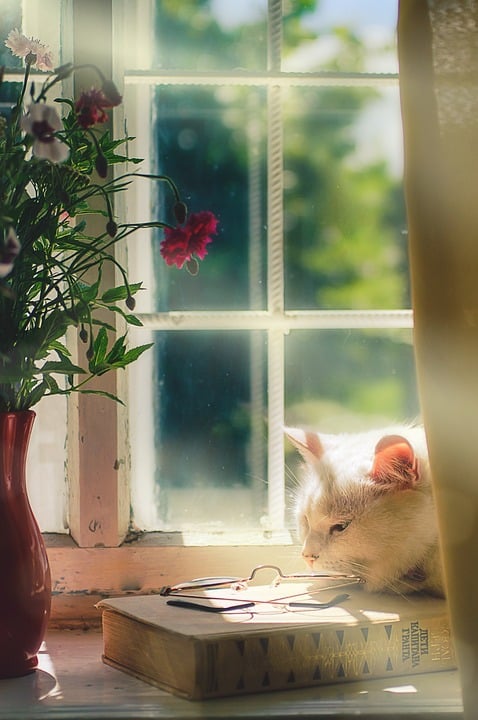In a rapidly changing world where modernization and globalization are on the rise, the importance of preserving heritage and traditions cannot be overstated. Our cultural heritage is not just a reflection of our past, but also a key component of our identity that shapes who we are and where we come from. In this article, we will delve into the significance of preserving heritage and how traditions play a vital role in defining our sense of self.
The Historical Context of Heritage Preservation
Historically, preserving heritage and traditions has been a fundamental aspect of human society. From ancient civilizations to modern cultures, the passing down of customs, rituals, and beliefs from generation to generation has ensured the continuity of our collective identity. In many cases, heritage preservation has served as a marker of a community’s resilience and ability to adapt to changing circumstances.
Key Points:
– Ancient civilizations like the Egyptians and the Greeks were known for their meticulous preservation of cultural artifacts and traditions.
– The Renaissance period in Europe saw a renewed interest in classical traditions, leading to a revival of art, literature, and architecture.
– The Industrial Revolution brought about drastic changes in society, prompting a reevaluation of the importance of preserving heritage in the face of rapid urbanization and industrialization.
The Current State of Heritage Preservation
In the modern era, the challenges of preserving heritage have only intensified. Urbanization, globalization, and technological advancements have led to the loss of traditional practices and the erosion of cultural diversity. As societies become more interconnected, there is a growing concern that unique cultural identities are at risk of being homogenized.
Key Points:
– UNESCO and other international organizations have been at the forefront of promoting heritage preservation through initiatives like the World Heritage Sites program.
– Local communities and grassroots organizations play a crucial role in safeguarding intangible cultural heritage such as language, music, and dance.
– The digital age has provided new opportunities for preserving heritage through virtual museums, online archives, and interactive storytelling platforms.
The Future of Heritage Preservation
Looking ahead, the future of heritage preservation presents both challenges and opportunities. As we navigate an increasingly interconnected world, there is a growing recognition of the value of cultural diversity and the need to protect and promote traditional practices. The preservation of heritage is not just a matter of nostalgia; it is a way of maintaining our connection to the past while shaping the future.
Key Points:
– Sustainable development practices can help ensure that heritage preservation is integrated into urban planning and infrastructure projects.
– Education and awareness campaigns are essential for engaging the public in heritage preservation efforts and fostering a sense of ownership and pride in cultural traditions.
– Collaboration between governments, civil society, and the private sector is crucial for developing comprehensive strategies for heritage preservation that are inclusive and sustainable.
Conclusion
In conclusion, preserving heritage and traditions is more than just a nostalgic endeavor; it is a vital part of who we are as individuals and as communities. By safeguarding our cultural heritage, we not only honor our past but also ensure a vibrant and diverse future for generations to come. As we navigate the complexities of a rapidly changing world, let us remember the importance of heritage preservation in shaping our identity and connecting us to our roots.
Thank you for taking the time to explore the topic of heritage preservation with us. We encourage you to continue your journey of discovery by exploring further resources on this subject and engaging with heritage preservation initiatives in your community. Remember, our traditions are what make us unique, and it is up to us to preserve them for the benefit of all.









